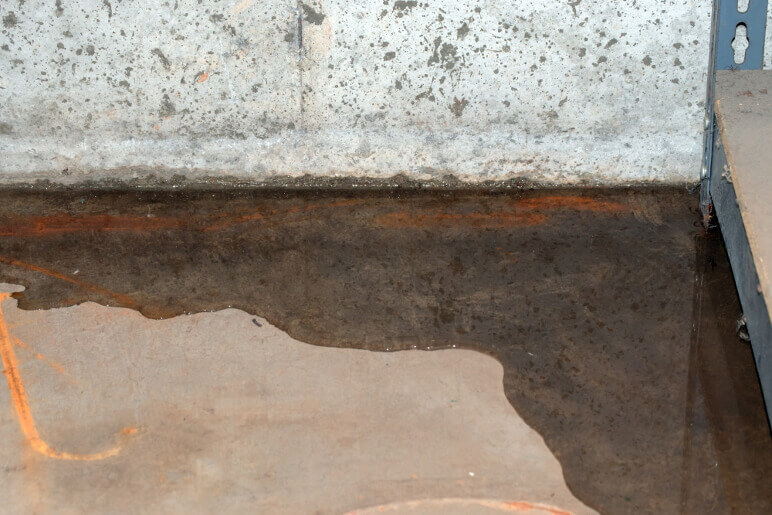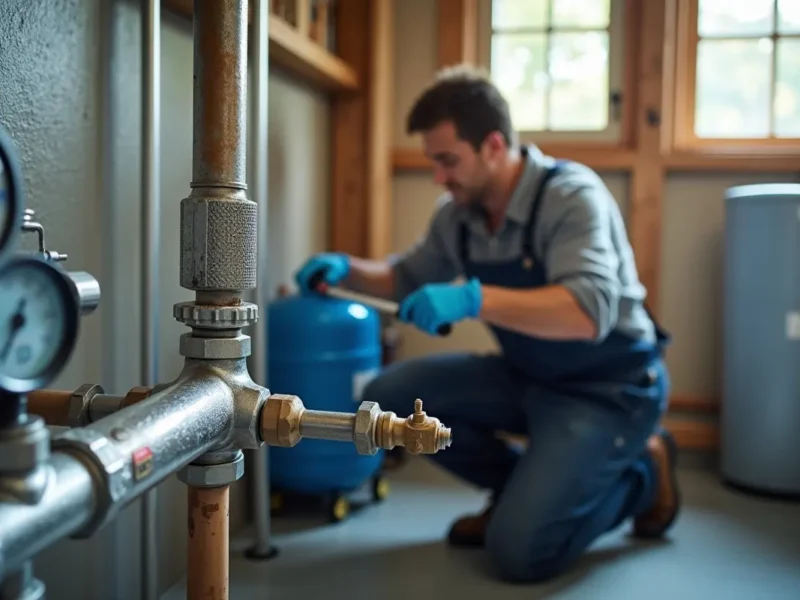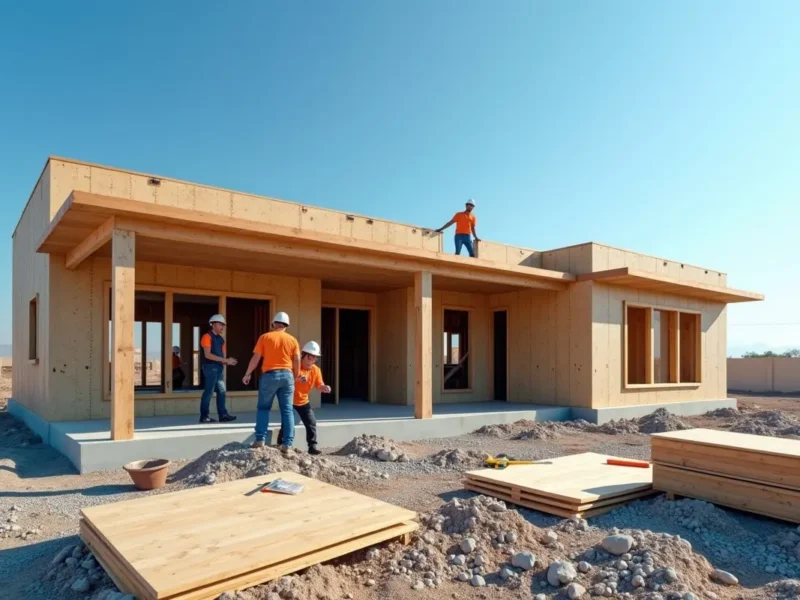If you are a homeowner, you may have heard the term “slab leak” before, but do you know what it means and how common it is? Slab leaks are a significant concern for homeowners, and understanding their prevalence and the importance of professional plumbers in dealing with them is essential. This article deals in depth with the often-asked question of how common are slab leaks, exploring their frequency and the expertise of plumbers in addressing this troublesome issue.
Contents
Understanding Slab Leaks
To comprehend slab leaks, you must first understand a slab foundation. Many modern homes are constructed on a concrete slab foundation, which is a flat, concrete surface that serves as the floor and the foundation of the building. During construction, water supply lines and drainage pipes are often embedded within the concrete slab. A slab leak occurs because of a pipe developing a leak, with water escaping into the surrounding soil or flooding the interior of the foundation.
How Usual Are Slab Leaks?
Slab leaks are more common than you might think. Over time, various factors contribute to the deterioration of pipes, such as the quality of the materials used, soil composition, and shifting foundations. These factors can lead to corrosion, cracks, or even complete pipe failure, resulting in a slab leak.
Statistics show that a significant number of homes have experienced or will experience a slab leakage. Factors like the age of the house, the quality of the plumbing installation, and the geographic location can influence the likelihood of slab leaks.
Finding a Slab Leak
Slab leaks are challenging to detect initially, but there are few common signs to look out for. If you notice unexplained damp spots on your floor, warm areas on the floor, low water pressure, an unexpected increase in your water bill, or the sound of running water when all faucets are off, you might be dealing with a slab leak.
How Professional Plumbers Can Help
Dealing with a slab leak is a complicated task that requires technical expertise and specialized equipment. Professional plumbers are well-equipped to handle these issues effectively. Let’s explore some of the ways in which they can assist.
Leak Detection
Professional plumbers use advanced leak detection techniques to accurately locate the slab leak’s source. They may employ electronic amplification equipment, infrared cameras, or even ground-listening devices to identify the precise location of the leak.
Repiping
Once the leak is located, the damaged section of the pipe needs to be repaired or replaced. Professional plumbers can perform repiping by carefully accessing the affected area through the concrete slab and ensuring that the new pipes are installed securely and with minimal disruption.
Rerouting Pipes
In some cases, a complete repiping may not be necessary. Instead, the plumber may opt to reroute the pipes to bypass the damaged section, ensuring that your water supply remains uninterrupted and your foundation remains stable.
Slab Repair
The slab foundation must be repaired after addressing the plumbing issue. Professional plumbers can assist in restoring the concrete slab, ensuring it regains its structural integrity and appearance.
Preventive Measures
Professional plumbers can offer valuable advice and recommendations to prevent future slab leaks. This may include regular inspections, maintenance, and suggestions for improving the overall longevity of your plumbing system.
“How common are slab leaks?” is a common question that homeowners may face, and they can lead to substantial damage if left unattended. Detecting and addressing slab leaks promptly requires the expertise of professional plumbers, who possess the knowledge and tools to resolve the issue effectively. If you suspect a slab leak in your home, do not hesitate to seek the assistance of qualified plumbing professionals to ensure the safety and integrity of your property for years to come.



